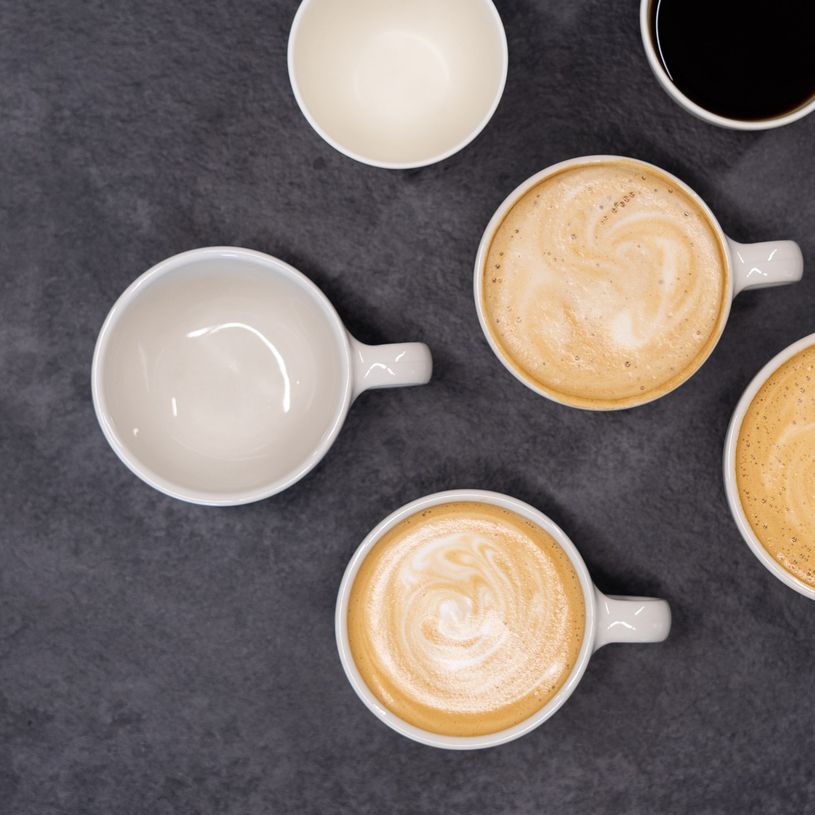
With our oat milk lattes, cold brews, and coffee in drip bags, we've gone a long way from the Folgers cans that filled our grandparents' pantries. While some engage in complex rituals, some of us are still extremely utilitarian about coffee. Yet, this beverage is ingrained in our culture and is currently the fourth most consumed beverage in the nation. The correct amount can lift our spirits; too much can leave us tense and uneasy.
So the question is- Is coffee good or bad for you?
The answer- It depends. When consumed in moderation, about 3 to 5 cups per day, or up to 400 mg of caffeine, coffee appears to be good for the health of most people.
According to Erikka Loftfield, a researcher at the National Cancer Institute who has examined the beverage, "the evidence is quite consistent that coffee is related with a lower risk of mortality."
Frank Hu, professor and department head of nutrition at Harvard T.H. Chan School of Public Health, stated in an article published in Discover on April 5, 2021, "The overall data has been quite persuasive that coffee has been more helpful than hazardous in terms of health outcome…. For the majority of people, a balanced diet can include moderate coffee drinking."
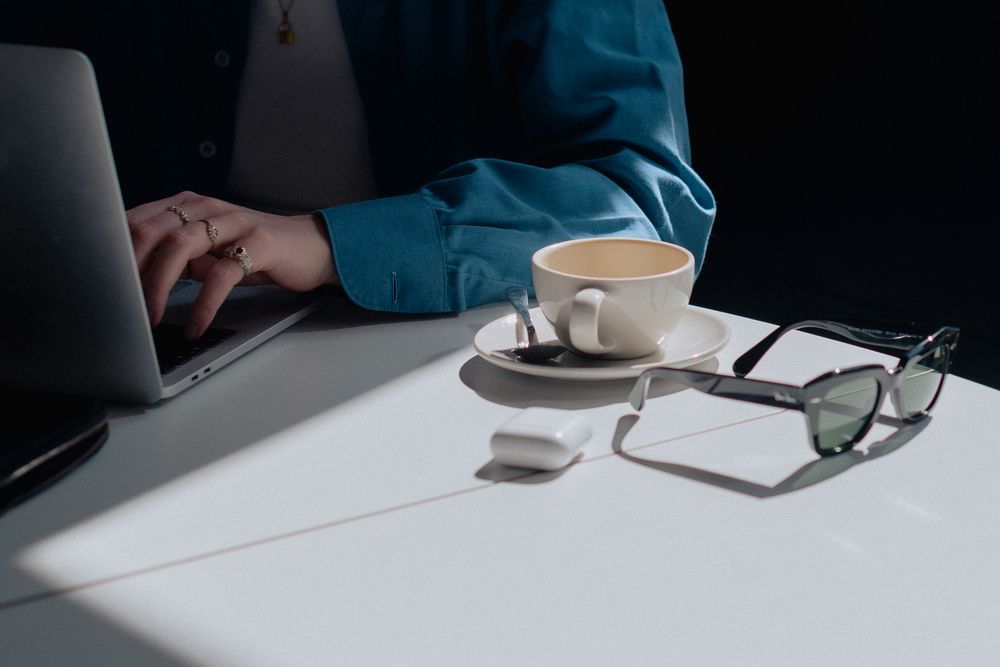
Black Coffee — What is it Made of on the Chemical Level?
Roasted coffee beans are used to make black coffee. The flavour, colour, caffeine content, and nutrients of the beans are released when they are ground and soaked in water. Despite being frequently served hot, coffee can also be served cold.
Throughout the world, especially in the US, coffee is frequently consumed with breakfast. Because of the stimulating effects of the caffeine it contains, individuals prefer it in the mornings to feel more awake.
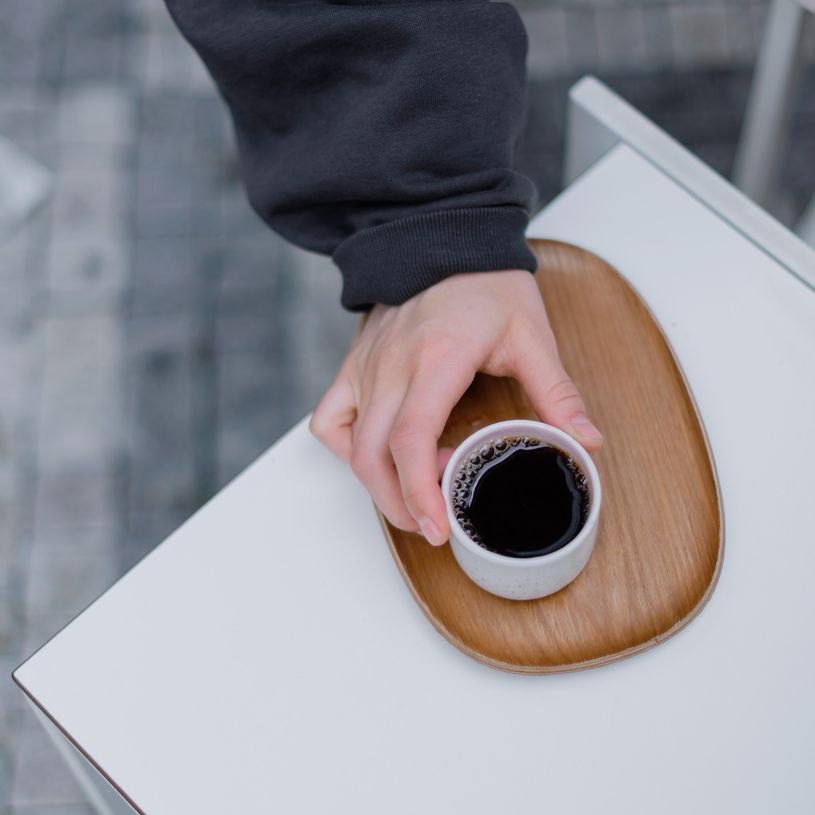
Black coffee makes the following nutrients available in one cup (240 mL):
- Calories- 2
- Protein- 0 g
- Fat- 0 g
- Carbs- 0 g
- No fiber
- 96 mg of caffeine
- Riboflavin- 14% of the daily value
- Niacin- 3% of the daily value
- Thiamin- 3% of the daily value
- Potassium- 3% of the daily value.
However, keep in mind that cold brew coffee may contain substantially more caffeine than 96 mg per cup (240 mL), depending on the brew duration.
Trim levels of other vitamins, minerals, and polyphenols—beneficial plant compounds—are also present in coffee. Chlorogenic acid is one of them, and it may have health advantages like reducing inflammation and regulating blood sugar.
Effect of Black Coffee on Your Health
-
1. Potential for Cancer Prevention
-
Drinking coffee may lower your risk of getting some cancers. As per an analysis of 28 studies on the relationship between coffee consumption and cancer risk, those who drank more coffee had a lower risk of endometrial and liver cancer.
-
Similar results were seen in another research, which suggested that coffee may lower the risk of colorectal cancer. However, this study also indicated that coffee had no impact on total cancer risk.
-
2. It May offer Protection from Neurodegenerative Diseases
-
The caffeine that coffee contains is regarded as a nootropic or a chemical that improves cognition or the brain. Due to this, several researchers wonder if the beverage can guard against dementia brought on by aging and Alzheimer's disease.
-
3. Might Avert Cirrhosis
-
Coffee seems to provide some defense against liver cirrhosis, a kind of advanced chronic liver disease marked by fibrosis and liver cancer. The scarring and eventual demise of liver tissue are known as fibrosis.
-
Numerous studies have found that drinking coffee may enhance liver health. One research of individuals with liver illness, for instance, discovered that those who consumed 4 cups (960 mL) of coffee each day had a lower risk of developing liver cirrhosis than those who didn't.
Ways to Reduce Risks Connected to Drinking Too Much Coffee:
Too much coffee can have negative consequences for your health. There are a few ways to reduce the risks connected to drinking too much coffee.
- Track your intake. Keep track of the amount of caffeine you consume daily from foods, drinks, and energy drinks.
- Reduce gradually. Take a smaller cup of coffee or consume one less can of soda per day, for instance. Refrain from consuming caffeinated drinks in the afternoon.
- Choose to go decaf. Most decaffeinated beverages have a similar appearance and flavour to their caffeinated counterparts.
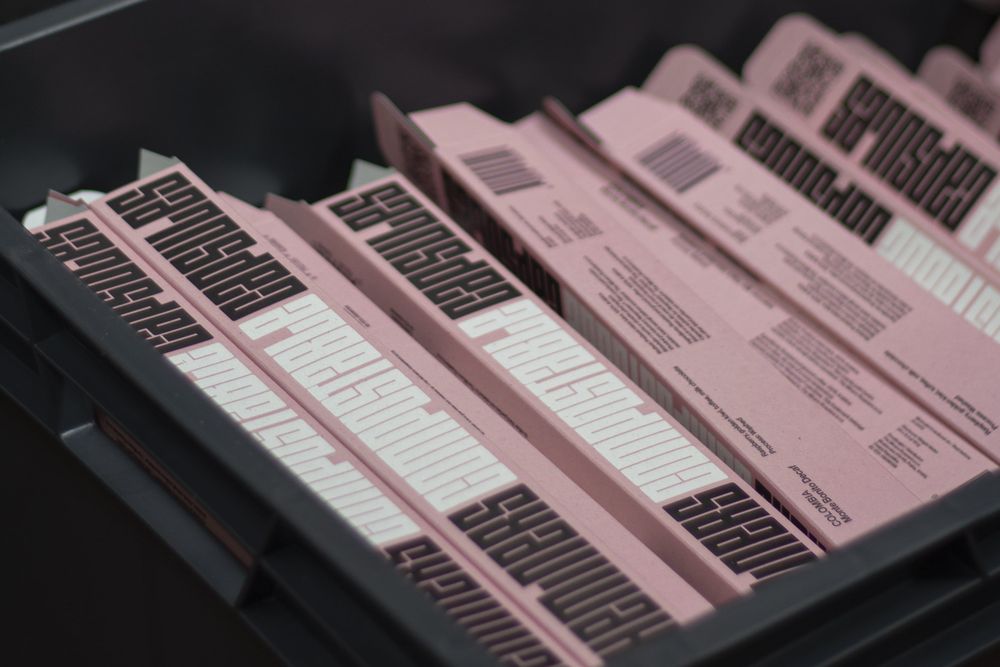
- Reduce the brewing time or give preference to other alternatives.Shorter brewing time can reduce the amount of caffeine in a drink. You can also go with other coffee alternatives - teas, especially herbal teas devoid of caffeine, chai latte or matcha. These drinks still contain caffeine but in significantly smaller amounts, and are known to give you a prolonged period of energy.
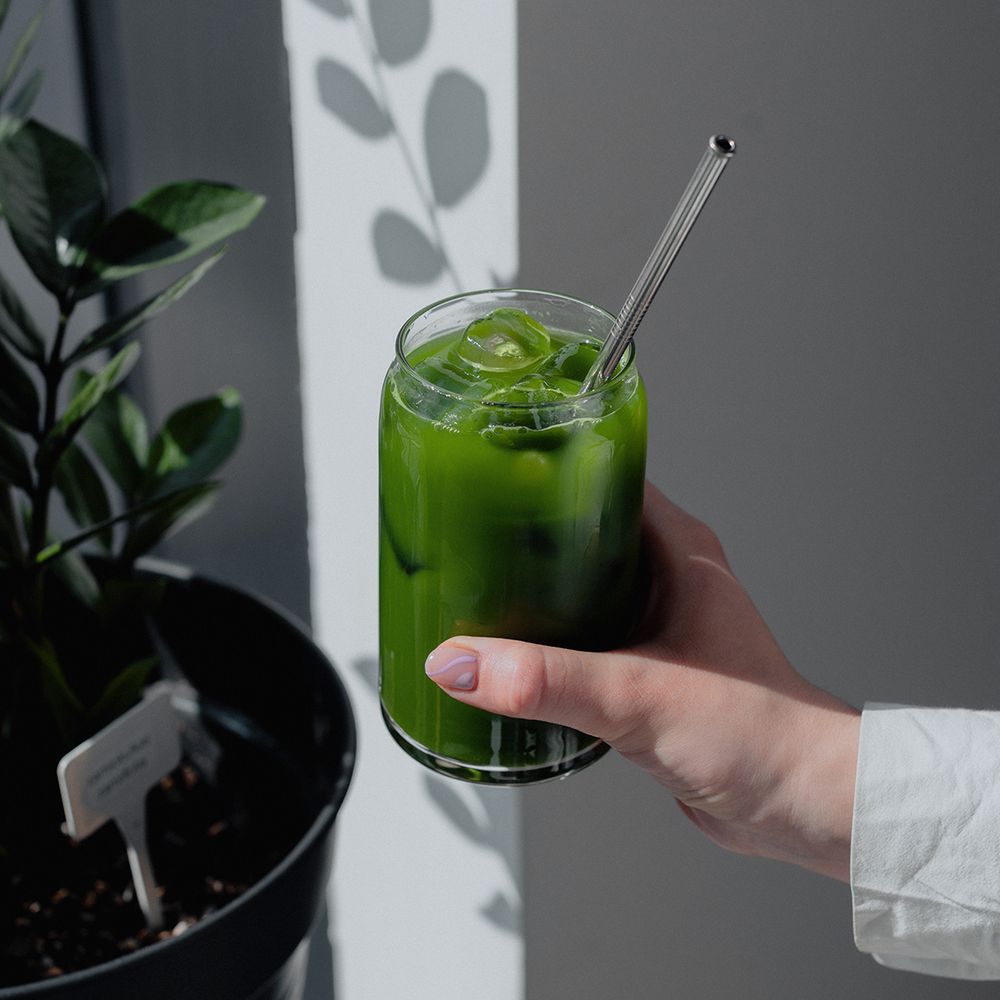
Endnote
Caffeine is likely a component of your everyday routine if you're like most folks. Typically, it won't cause any health issues. But be aware of any potential adverse effects from coffee, and be prepared to reduce your intake if required.
